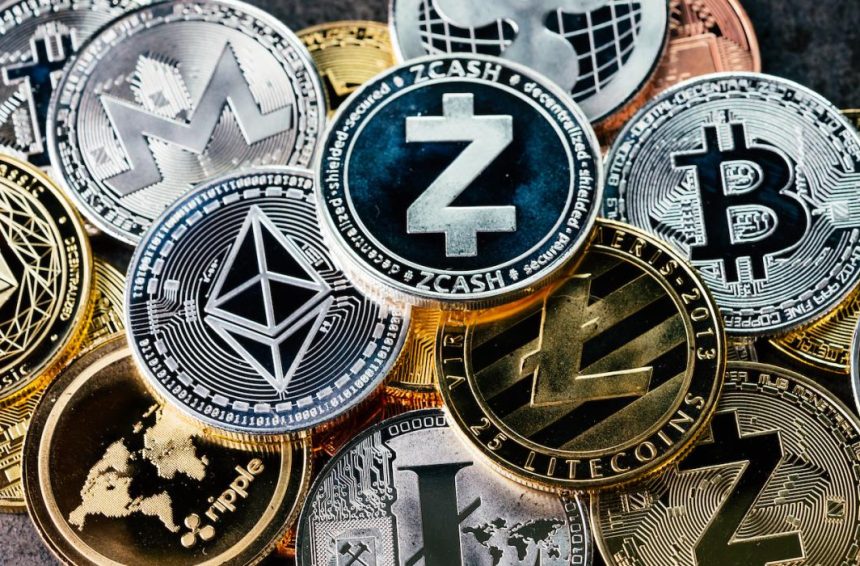The International Monetary Fund (IMF) has explained why the Central Bank of Nigeria (CBN) should issue operating licences or register cryptocurrency dealers.
In its 2024 Staff Report released at the weekend, the IMF recommends that global crypto trading platforms be registered or licensed in Nigeria, like similar operators, the Bureaux De Change (BDCs), which are licensed by the CBN to carry out forex transactions at the retail end of the market.
The IMF advised that such crypto trading platforms should be subjected to the same regulatory requirements applicable to financial intermediaries, following the principle of same activity, same risk, and same regulation.
The CBN had announced that cryptocurrency traders used peer-to-peer trading to manipulate the naira exchange rate against the dollar and other global currencies.
The apex bank asserted in February that Binance, the largest cryptocurrency exchange by trading volume, had processed $26 billion in untraceable transactions in its Nigeria unit alone.
Binance serves 185 million users in over 180 countries worldwide.
To protect the naira from value erosion and reverse the negative impact on the financial system, the CBN subsequently stopped banks and other financial institutions from banking cryptocurrency traders.
Aside from several other factors causing the naira’s slide, like rising import bills, medical tourism, and tuition fees paid abroad, exchange rate manipulation by cryptocurrency traders remains a major contributory factor.
The IMF said: “The rapid growth of transactions on FX trading platforms poses new challenges. At the end of February, the authorities closed the operations of Binance and other crypto-asset trading platforms that were being used by Nigerians to facilitate capital flight; neither the identity of traders nor the origin of their funds could be traced.”
“The authorities also revoked the licences of 4,173 Bureaux de Change (BDCs) that failed to comply with CBN accounting and reporting requirements. Staff recommends that global crypto trading platforms be registered or licensed in Nigeria and subjected to the same regulatory requirements applicable to financial intermediaries following the principle of same activity, same risk, and same regulation.”
The IMF lauded Nigeria’s progress in the fight against money laundering and terrorism financing.
It said: “Nigeria has made welcomed progress on improving its Anti-Money Laundering and Combating Financing of Terrorism (AML/CFT) framework, but further action is needed in line with Financial Action Task Force (FATF) recommendations. Nigeria has undertaken a series of measures, including legislative reform, conducting a money laundering and terrorism financing risk assessment, building awareness for competent authorities and the private sector, and increasing investigation and prosecution of money laundering to correct identified deficiencies in the AML/CFT framework.”






